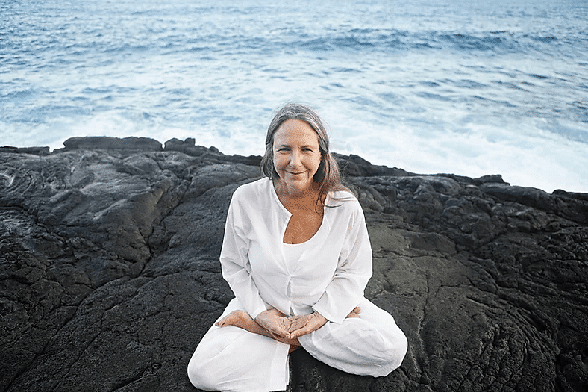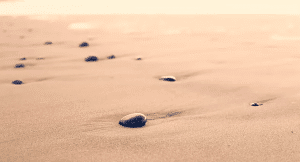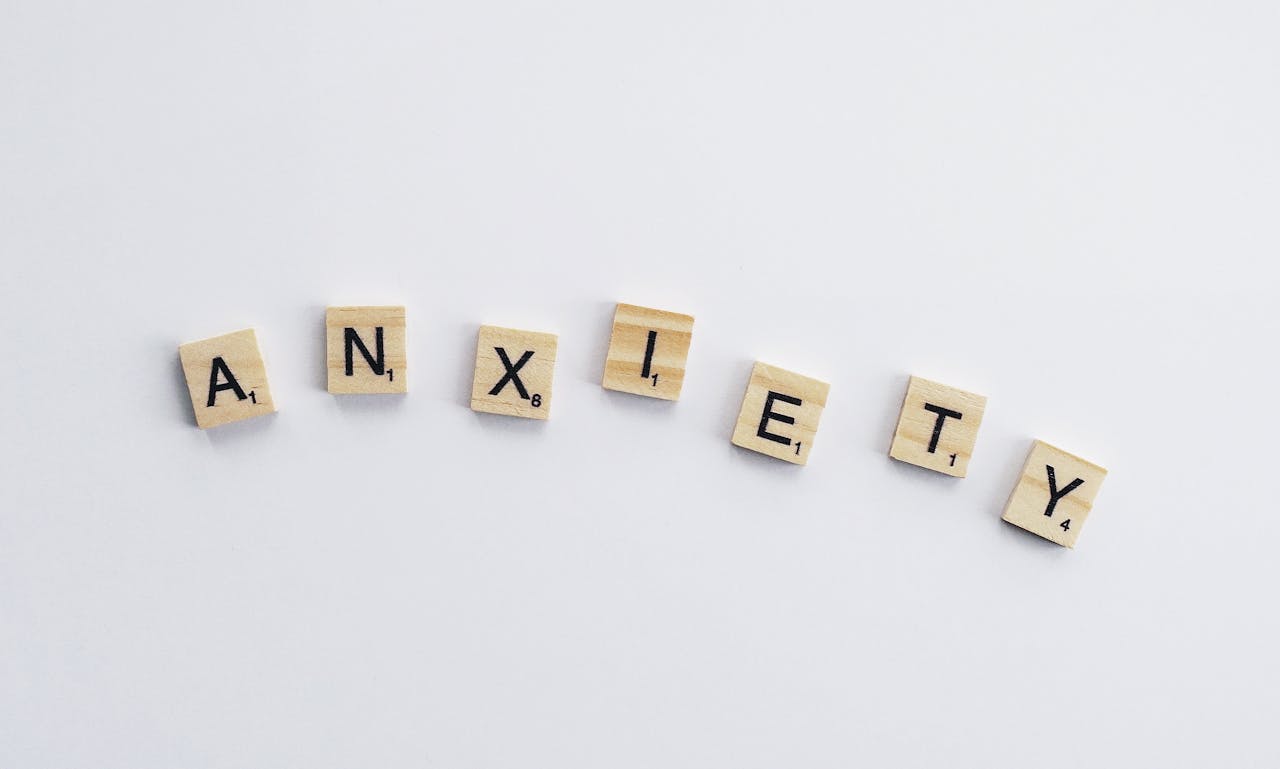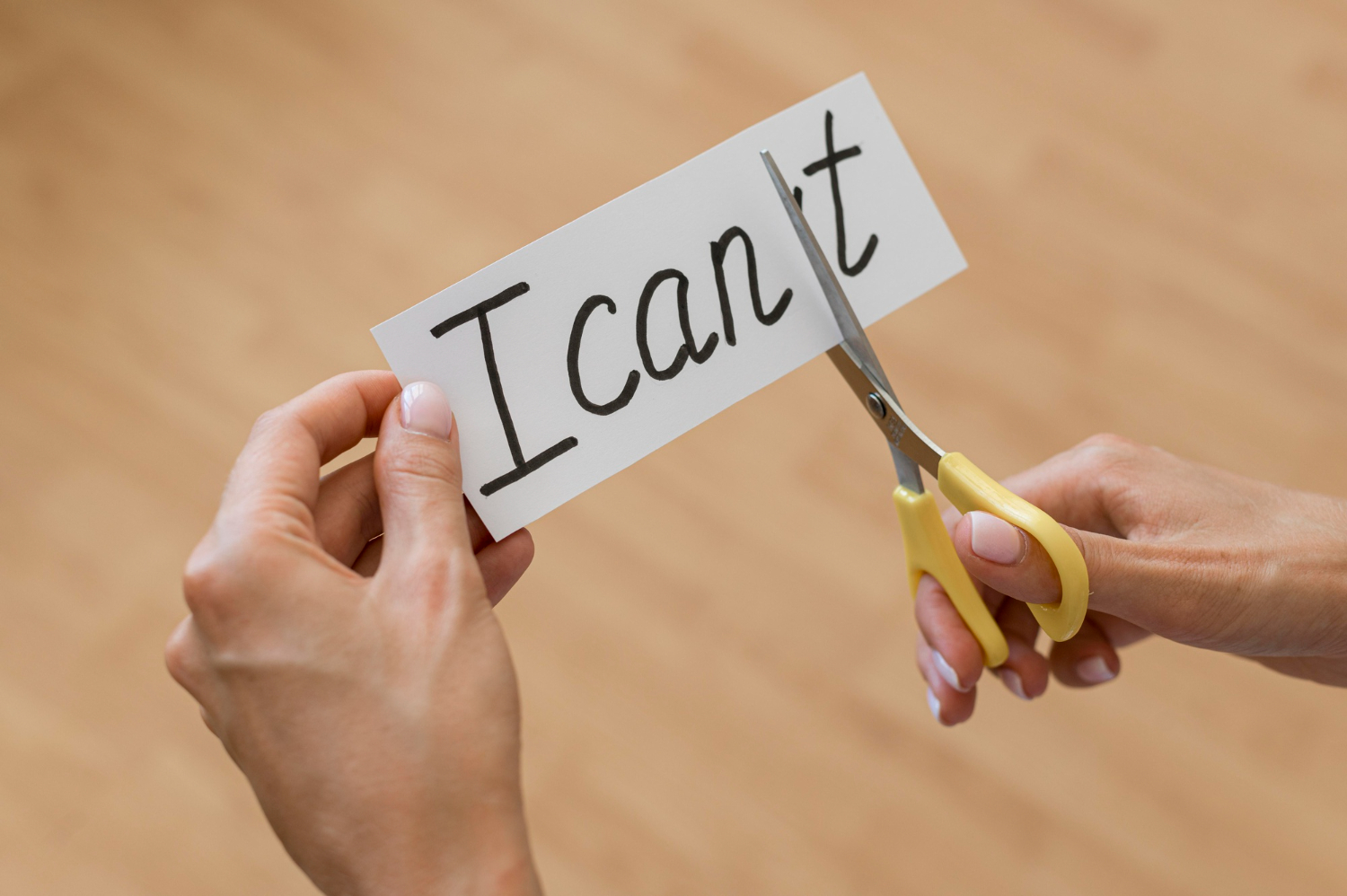Lessons To Learn From Wabi-Sabi & Ikigai
Feb 15, 2020 | Ebru Yildirim

Life is complicated, and as humans, we are inclined to further complicate our own lives as if living wasn’t perplexing enough. We make life harder for ourselves and do not see solutions beyond our challenges; rather, we brood and dwell on them.
There are bound to be things beyond our control but being miserable about them won’t help. Nothing is eternal, no feeling is ever permanent, and above all, nothing is perfect. These are three simple realities about life that we need to understand.
One thing that’s fascinating about life though is that despite the number of challenges we encounter, there is an equal number of opportunities to overcome it. After all, life is all about balance. It is about finding the center within us, the convergence of our desires, things we are passionate about, our fears, inhibitions, and strengths. Life coaching can help us find this center.
Life compels us to a journey of self-discovery to find convergence, and ultimately appease our relentless search for happiness and fulfillment.
Over the years, people have either come close, brushed past or successfully uncovered their happiness and they owe it to the different life principles they chose to live by. In this article, let’s take a look at the two Japanese life principles of Wabi-Sabi and Ikigai.
Wabi-Sabi
Wabi directly translates to subdued taste or a quiet refinement, while Sabi pertains to the celebration of the cycles of life as well as the appreciation of the value that comes with things that age. Wabi-Sabi is the Japanese principle of simply embracing life’s imperfections and celebrating the understated elegance of rustic simplicity.
This means accepting the way things are and not how we want them to be. This entails taking things at their face value and its simplicity while understanding the complexities of life. It teaches us to appreciate subdued beauty and the intrepidity to confront our imperfections. Wabi-Sabi compels us to appreciate as opposed to perfecting things.
Wabi-Sabi Gives Us A Better Perspective
If there is one thing that could be taken from the principles of Wabi-Sabi, it is a fresh perspective on how we perceive things. Beyond just seeing past our imperfections, we become appreciative of our odd parts and realize that these are things that make us unique. When we learn to acknowledge our imperfections, we raise our self-awareness and we become more caring and forgiving with our present selves – flaws and everything.
It Lets us Enjoy Life’s Journey

For people who incorporate the concept of wabi-sabi within their lives, you’ll find that they agree on one thing, which is appreciating the cycle of every life – birth and death. All things on earth will eventually move on to a state of decay and humans are not exempt from it. In between birth and death, Wabi-Sabi compels us to age gracefully and enjoy life’s journeys; to embrace the idea of getting in terms with the process of getting older while realizing that life is inherently transitory and imperfect.
It Makes Us More Accepting Of Change
There is only one thing in this world that’s perpetual and that is change. This is something that several people are fearful and anxious about. Humans fear change because we lose control over a situation, we feel powerless, and eventually this deters our self-determination. The principles of Wabi-Sabi make us more accepting of change, especially in dealing with things that are beyond our control.
Ikigai
Ikigai means reason for being. This principle simply means a deep and personal pursuit of finding one’s purpose for being i.e. having something or someone to motivate you to carry on and continue living.
Your Ikigai is the very reason why you get up in the morning, get dressed, and get out to the world. Ikigai compels us on a journey to find our one true purpose – our calling. Consequently, this brings us happiness and satisfaction.
Most people believe that a purpose-driven life equates to a long life and there are multiple studies that associate longevity to Ikigai. In particular, the Okinawa islands in Japan are among the few places that have an above-average longevity rate, especially for females. The secret? A combination of the Okinawa diet, their regional genome, social support, and of course, Ikigai.
Ikigai Opens Our Eyes To Three Classic Mistakes In Life

Time is perhaps the most expensive currency in the world. Ikigai teaches us to spend it wisely by avoiding three common mistakes. First, as humans, we have the tendency to dwell on one thing, wasting our valuable time that can be spent elsewhere. Second, we waste our time on several other things that are unnecessary and superficial. Lastly, we don’t spend our time well enough, doing too little.
What does this imply then? We have the freedom to choose the things in life we want to focus on. It doesn’t need to be just a single thing and we definitely don’t need to spread ourselves too thin either. With Ikigai, it urges us to engage in activities that interest us and make us truly happy, creative, and fulfilled.
Playing To Our Strengths Rather Than Weaknesses
Ikigai encourages us to leverage our strengths to find our purpose in life. While talent is inherent, skills can be learned. So we can all start from learning to build our strengths. Once we have established our strengths, we’ll have more options on how to live our lives and discover our purpose, our Ikigai.
Devoting our time investing in the skills that we are good at will ultimately lead us to something we enjoy doing, providing us with financial security and letting us contribute to society. These are all fundamental aspects of Ikigai.
Ikigai Teaches Us Realistic Optimism
Ikigai is finding the convergence or the center of the things you are passionate about, your chosen mission in life, your vocation, and your profession. In other words, it is finding the overlaps between the things you love doing, things you are good at, what you can be paid for doing, and what the world needs from you.
The truth is not all of us can work our way towards the center; nonetheless, there is fulfillment in making headway towards our Ikigai. This is where we should be optimists. It is all about finding healthy approaches in achieving our purpose and in the process of doing so, stay grounded to reality.
It Is Up To You!

Life presents us with plenty of opportunities and it is up to us how we choose to live it. There will always be obstacles but there are also several ways around it. Wabi-Sabi and Ikigai are only examples of life philosophies that provide guidance and balance.
We are not perfect and we can get easily overwhelmed with life but that’s perfectly fine. A life coach is always there to provide you with the necessary tools to develop yourself, help you unlock your potential, and live a life that’s fulfilling. In all the beauty, madness, and complexities of life, the question now remains – How do you choose to live?
FEATURED POSTS
RECENT POSTS
ARCHIVE
- September 2025
- August 2025
- July 2025
- June 2025
- May 2025
- April 2025
- March 2025
- February 2025
- January 2025
- December 2024
- November 2024
- October 2024
- September 2024
- August 2024
- July 2024
- June 2024
- May 2024
- December 2023
- November 2023
- August 2023
- July 2023
- June 2023
- May 2023
- April 2023
- March 2023
- February 2023
- January 2023
- December 2022
- November 2022
- October 2022
- September 2022
- August 2022
- July 2022
- June 2022
- May 2022
- April 2022
- March 2022
- February 2022
- January 2022
- December 2021
- November 2021
- October 2021
- September 2021
- August 2021
- July 2021
- June 2021
- May 2021
- April 2021
- March 2020
- February 2020
- January 2020
- December 2019
- November 2019
- October 2019
- September 2019
- August 2019
- July 2019
- June 2019
- May 2019
- April 2019
- March 2019
- February 2019
- January 2019
- December 2018
- November 2018
- October 2018
- September 2018
- August 2018
- July 2015
- May 2014






